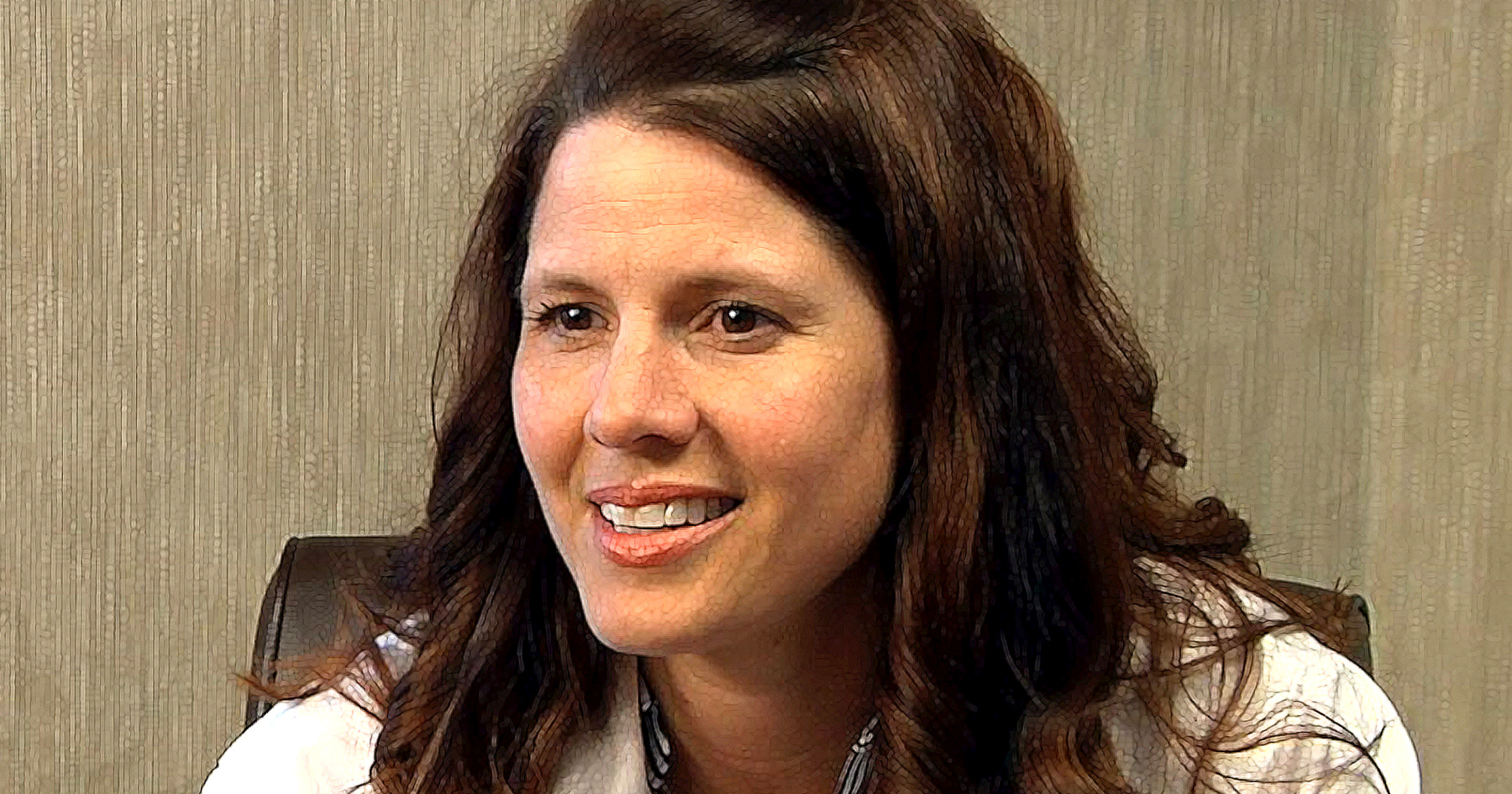Does it matter that the chair of the Democratic National Committee doesn’t know if her party is socialist?
MSNBC’s Chris Matthews was grilling Debbie Wasserman-Schultz on the meaning of Sen. Bernie Sanders’s popularity within the Democratic Party. Mrs. Wasserman-Schultz responded by boasting that the Democrats “really are a Big Tent Party.” Then Matthews veered out her comfort zone of horse-race politics and self-congratulatory posturing.
“What is the difference between a Democrat and a Socialist?” he asked.
Mrs. W‑S chuckled. Uncomfortably.
“I used to think there was a big difference,” Matthews went on. “What do you think it is?” Mrs. W‑S evaded, blathering on how it is that the difference between Democrats and Republicans is what will really count in the upcoming election.
Karl Dickey, at the Examiner, holds that Democrats, today, are socialists: “one only needs to look at the Democratic Party’s platform to understand that it is a socialistic political party.”
Meanwhile, Juan Williams, discussing the issue on Fox News’s The Five, argues that there is a big difference between Democrats and socialists: Dems just like regulation and redistributing wealth; socialists want to nationalize industry and run everything through a central bureau.
And that is the definition that anti-socialist economists Yves Guyot and Ludwig von Mises settled on. Technically, Williams is right.
But the fact that the head of the Democratic Party waffled on the distinction says more about the party than a definitive answer would have.
This is Common Sense. I’m Paul Jacob.











